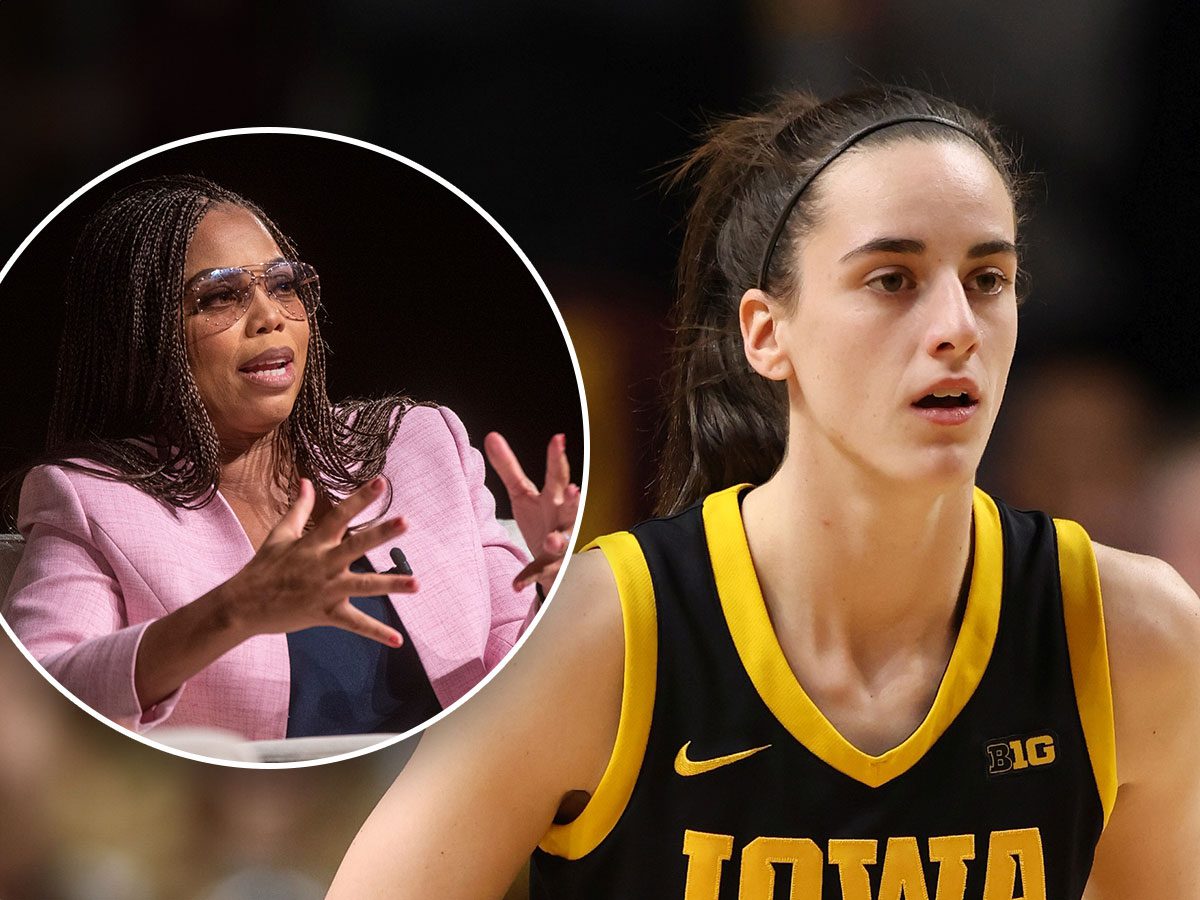 John Mac / Flickr.com | Inset: Public Domain
John Mac / Flickr.com | Inset: Public Domain
Caitlin Clark is becoming more and more of a household name. The 22-year-old’s star began to rise after breaking Pete Maravich’s record of 3667 lifetime points, the highest of any college basketball player, male or female. Her first week at the professional level, playing for the WNBA’s Indiana Fever saw sellouts as her fans scrambled to watch Clark’s transition into the big leagues. Despite the Fever’s disappointing start this season, optimism for Clark’s career remains high as she scored 50 points in her first three games.
Yet not everyone is as enthusiastic about Clark’s popularity. While admitting to The Los Angeles Times that Clark had an “everyman” relatability, former ESPN personality Jemele Hill questioned whether Clark’s race and sexuality also played a role in her popularity. “We would all be very naive if we didn’t say race and her sexuality played a role in her popularity. While so many people are happy for Caitlin’s success — including the players; this has had such an enormous impact on the game — there is a part of it that is a little problematic because of what it says about the worth and the marketability of the players who are already there,” said Hill. Unlike 70% of the players in the WNBA who are black, Clark is white. She is also straight, in a league that has nearly a third of its players identifying as LGBTQ+. Clark pointed out that other black players who have played well in the league for years are not getting the same kind of exposure that Clark is getting. “It’s not jealousy. It’s just the fact that in our society, Black women are often erased from the picture. While Caitlin Clark’s success should be widely celebrated, there are various points where we have seen dynamic phenoms and how they have been able to popularize the game,” she said. She later added, “There’s plenty of room to highlight and celebrate Caitlin Clark’s popularity while also discussing ways in which to not erase Black women from a league that they have built and continue to build.”
Outkick’s David Hookstead slammed Hill for making Clark’s race and sexuality an issue. “How is Clark being a straight white woman – the same as millions of other women in America – a problem for the WNBA? Not everything is about race. In fact, I’d argue in sports that it matters very little.” The View’s Whoopi Goldberg pushed back at Hill’s comments as well. “When people say stuff like [Hill’s comment], that’s like people saying, ‘Oh, you only got into this Ivy League college because you’re Black,’ or you only got this because of this,” she said after noting some of Clark’s impressive stats. “This girl earned this! I’m sorry, there are great players, but nobody else has done this.” Hill defended herself on X, stating she had been “misrepresented” by Goldberg. “I said Caitlin Clark being straight, white and from Iowa ‘played a role’ in her popularity, It’s a factor, not THEE factor,” she wrote, adding that more black people watched golf and tennis because of players like Tiger Woods and Serena Williams. “And I was speaking to her popularity, not her success. She didn’t become the NCAA all-time leading scorer because she’s white. She accomplished that because she’s good.”
Relative Articles
None found





